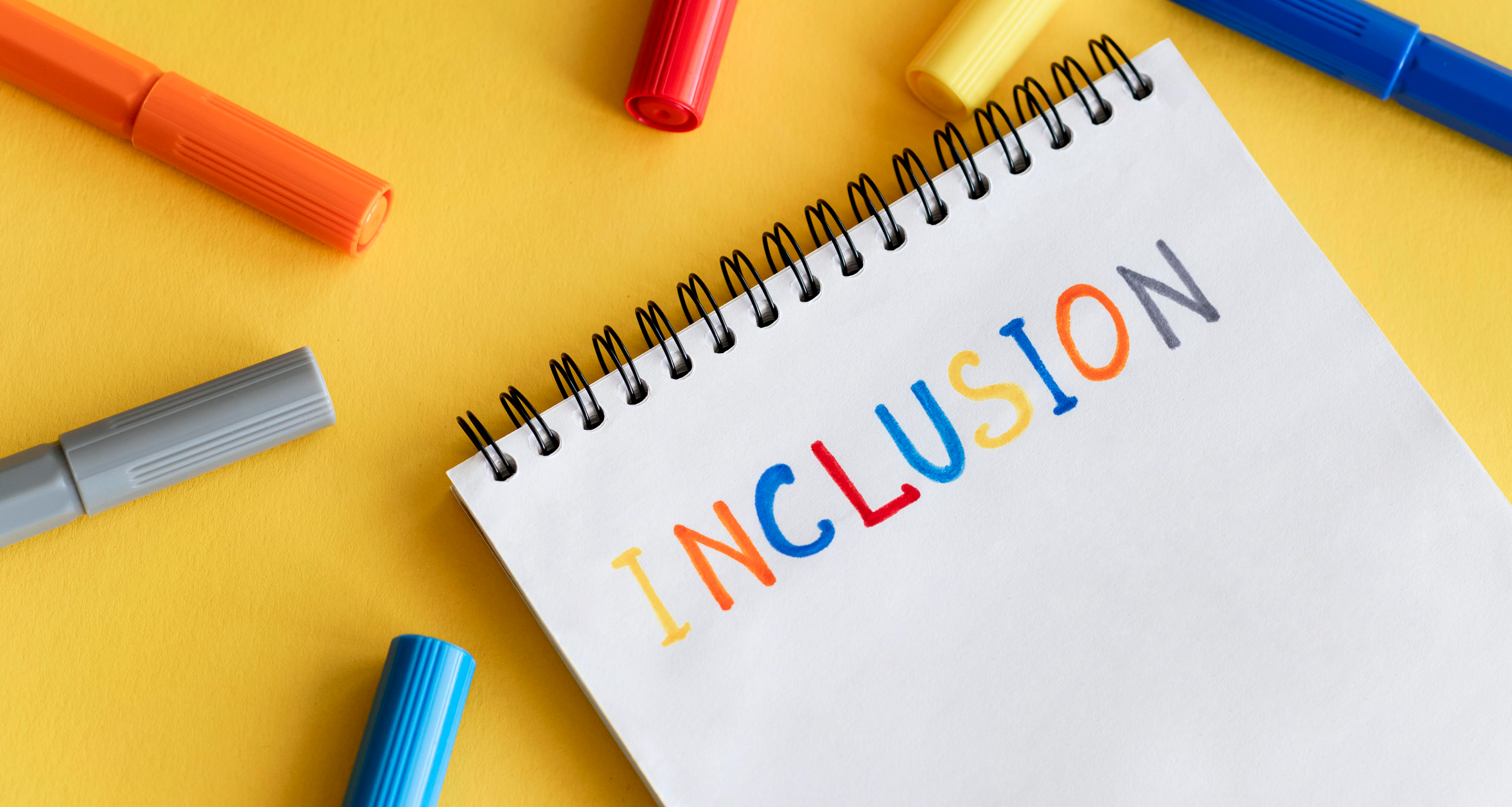Paris Peace Forum: Takeaways on the Theme of Fostering more Inclusive and Just Societies
The 5th Paris Peace Forum, which took place from November 11-12, hosted several sessions on topics related to the overarching theme of the forum, “Riding out the Multicrisis.” At a time when the international community is experiencing rising conflicts around the world triggered by multiple issues with various degrees of complexity (and with each resulting in or exacerbating various knock-on effects), the forum provided a platform to discuss the issues and (possible) responses.
A key thematic thread at the forum was “Fostering more inclusive and just societies,” which had several dedicated sessions on several sub-topics spread over the two-day event. The sessions all highlighted that the current intersecting crises have a disproportionately high impact on women, especially indigenous women, women of colour, young women, and women with disabilities.
Here are three takeaways from the discussions around this particular theme:
Local solutions and intelligence to conflict resolution
One of the key focus points of the 2022 Paris Peace Forum was that conflicts need to be solved with local solutions and local intelligence – and not dictated or directed by external forces. In the session on “Learning from Indigigneous Human Rights”, Silvana Baldovino – Biodiversity and Indigenous Peoples Program Director from the Sociedad Peruana de Derecho Ambiental – emphasised that understanding the needs of people affected by (indigenous) human rights violations and discrimination is key to being able to respond to them in a targeted and adequate way. Only by giving space and listening to each other can sustainable solutions be supported.
Therefore, true partnerships need to move beyond the national and international levels and focus on people on the ground who are affected the most and best placed to shape the solutions.
Low importance of feminist foreign policy
One small room, women squeezed around a table, just one man – this was the setting when discussing concrete actions on feminist foreign policy from different regions of the world at one of the biggest peace forums. What does this say for how feminist foreign policy is perceived and prioritised? The working session “Beyond the Concept: Feminist Foreign Policy in Action” at the Paris Peace Forum 2022 was one of two sessions focusing on feminist diplomacy. But lessons learnt from different countries and proposals for concrete action were sadly in short supply. Exchanging knowledge and experiences of highly qualified women (and men) that are working on women, peace and security every day can contribute to a better understanding of what is needed to foster, promote, and implement feminist foreign policy. Inclusive Peace sees feminist foreign policy and feminist diplomacy as an issue of gender equality, but also as an intersectional approach that addresses race, ethnicity, religion, disability, and sexual orientation. Above all it’s about addressing historical unequal manifestations of power. To achieve all of this, both more space and universal buy-in (including, for example, the input of men on gender equality) is required. It would be great to see these discussions on bigger stages at next year’s Paris Peace Forum, which are accessible to more people and which are afforded the focus and resources to match the rhetoric.
Rising threat towards women’s rights
In political decision-making processes (mostly led by men behind closed doors), women cannot be talked about without them being present. In view of the increasing violence in all forms against women (especially people like women peacebuilders and women human rights defenders who work for women’s rights on a daily basis) and the growing risk of women’s rights being curtailed, it is all the more important to involve (those) women in solution-finding processes, as only they can bring their experiences, knowledge, and demands to bear. The high-level panel on “Accelerating feminist diplomacy in numbers” confirmed that women’s inclusion in diplomacy, high-level negotiations, and decision-making processes is still lacking, questioning international responsibility in this regard, and that threats to women’s rights are simultaneously rising. Gabriela Ramos (UNESCO) and José Manuel Albares (Minister of Foreign Affairs, Spain) both emphasised that legal frameworks need to incorporate women’s right to participation to foster their inclusion, e.g. through quotas, as this is the responsibility of every country. But while quotas can be an effective means of ensuring women’s participation, they are not sufficient in and of themselves to ensure women’s influence and thus ensure their participation is meaningful. In addition to the inclusion of women, their protection is also crucial, as women who speak out for women’s rights and work to build peace are particularly vulnerable. Therefore, Inclusive Peace sees the responsibility of all states not only to strengthen the inclusion of women in all kinds of political decision-making processes and on different levels of diplomacy, but also to ensure their protection. Affording space for these kinds of discussions in international fora like the Paris Peace Forum is an important first step,but there’s still a long way to go!

